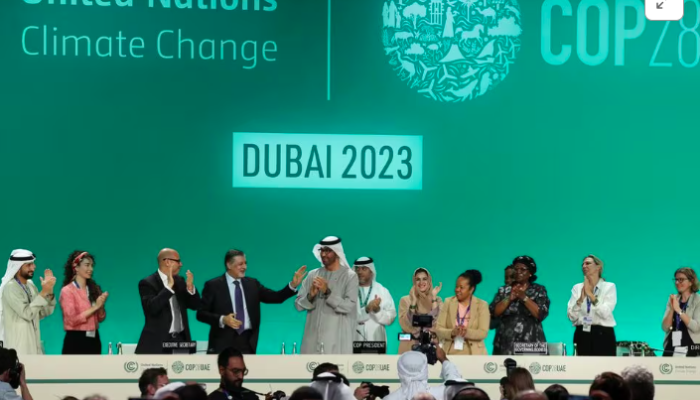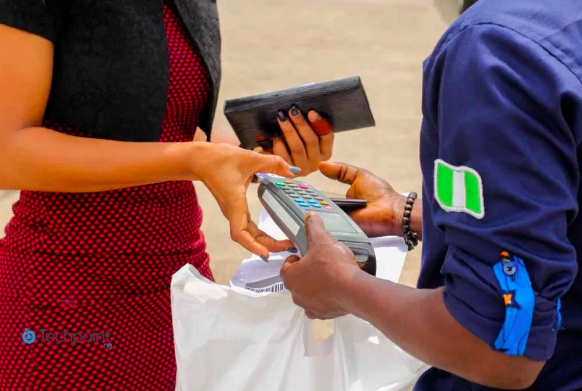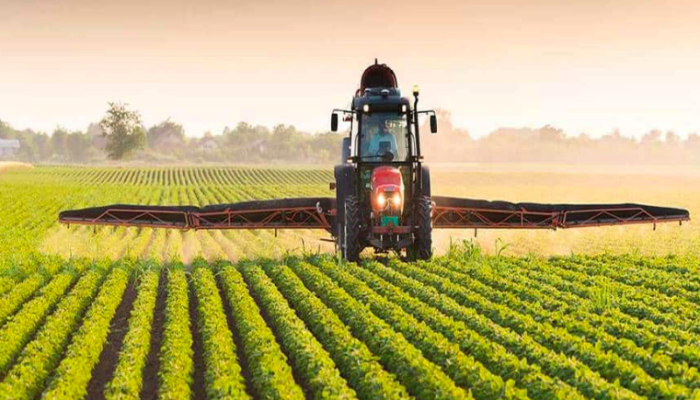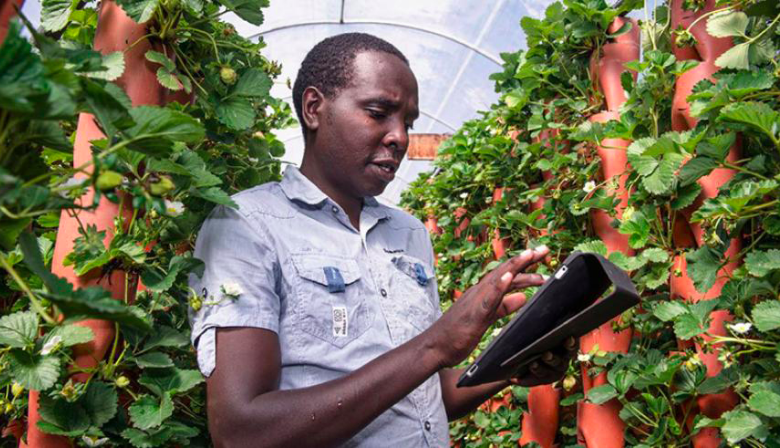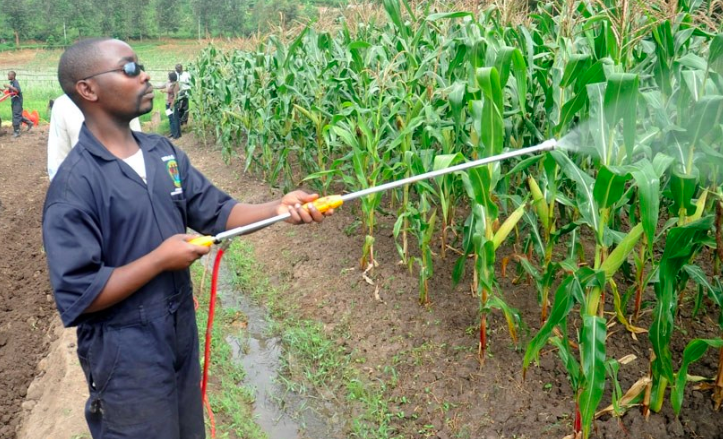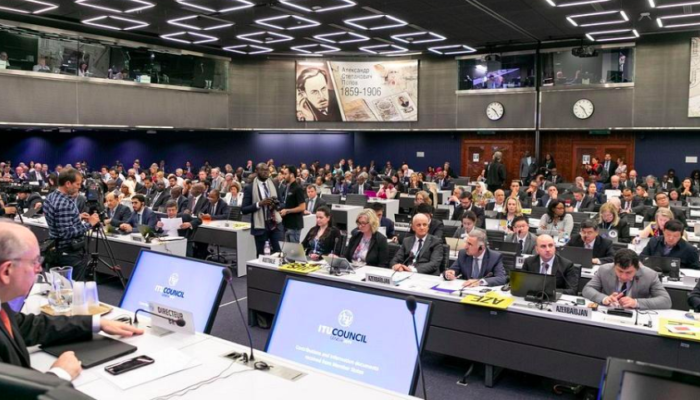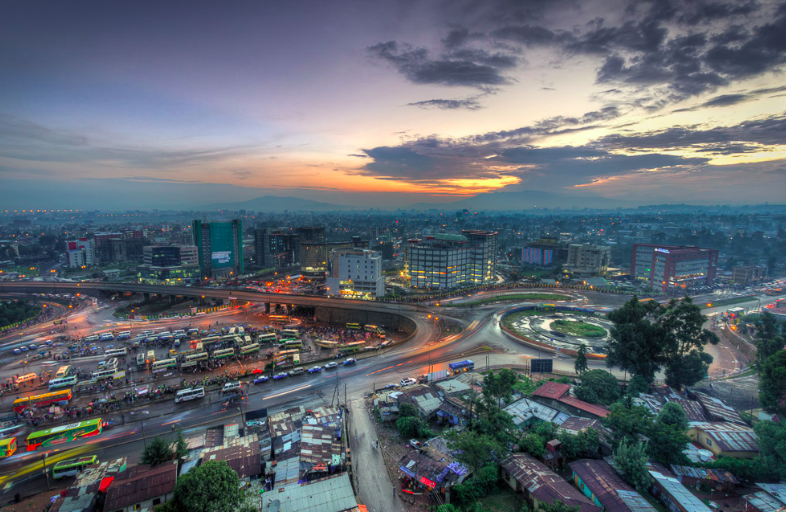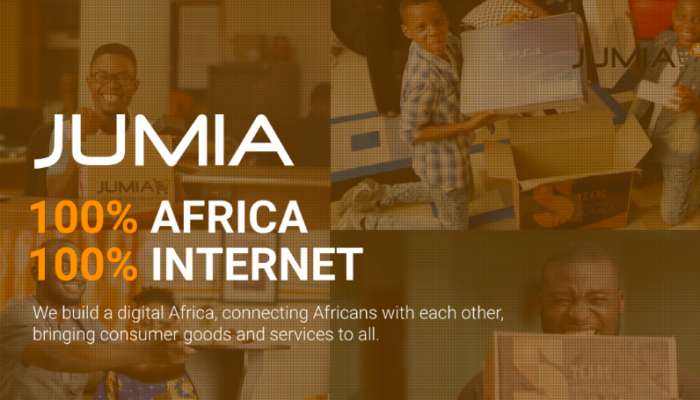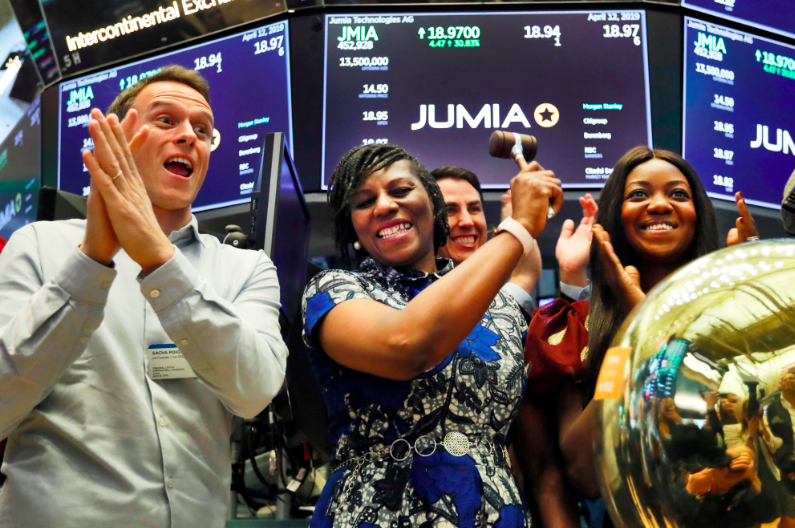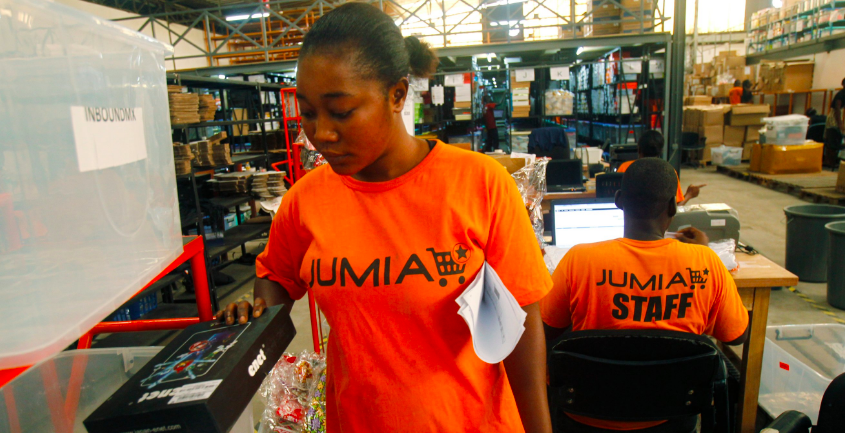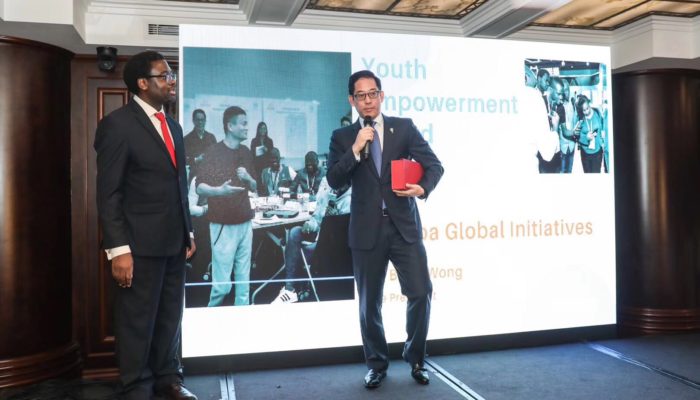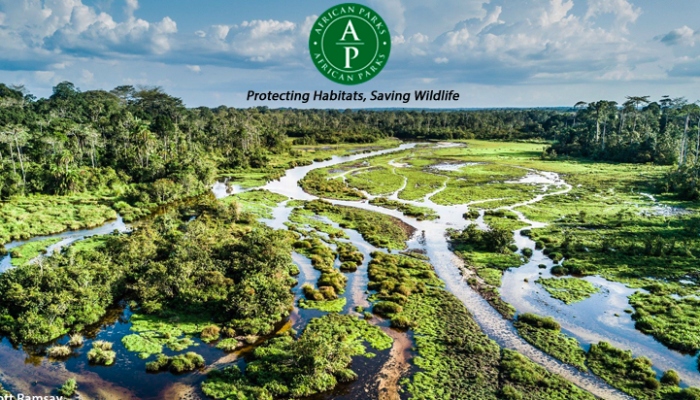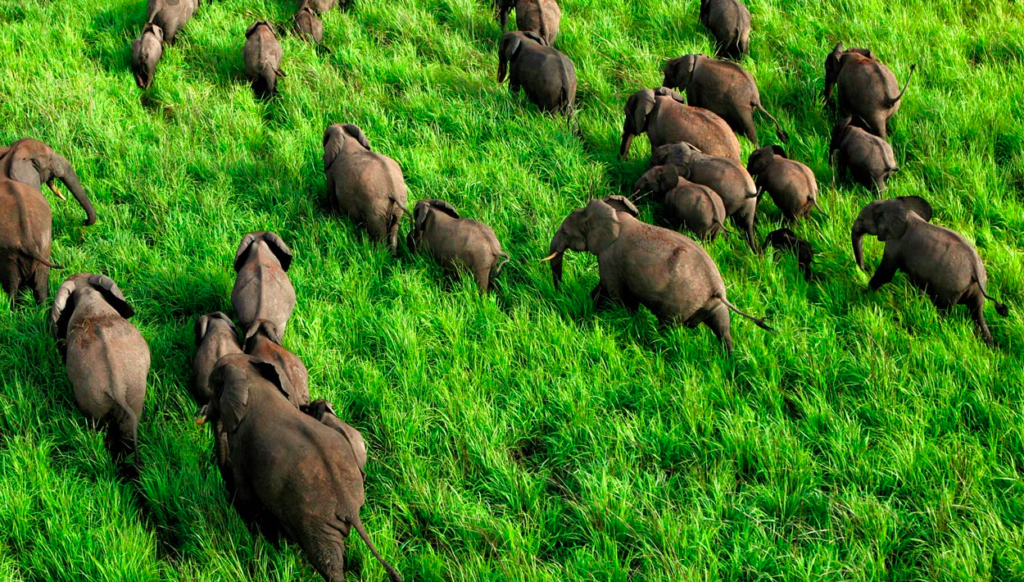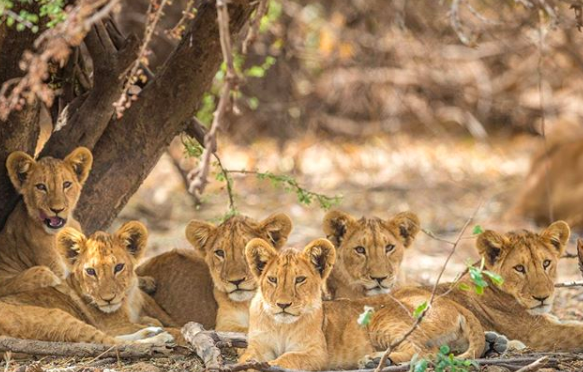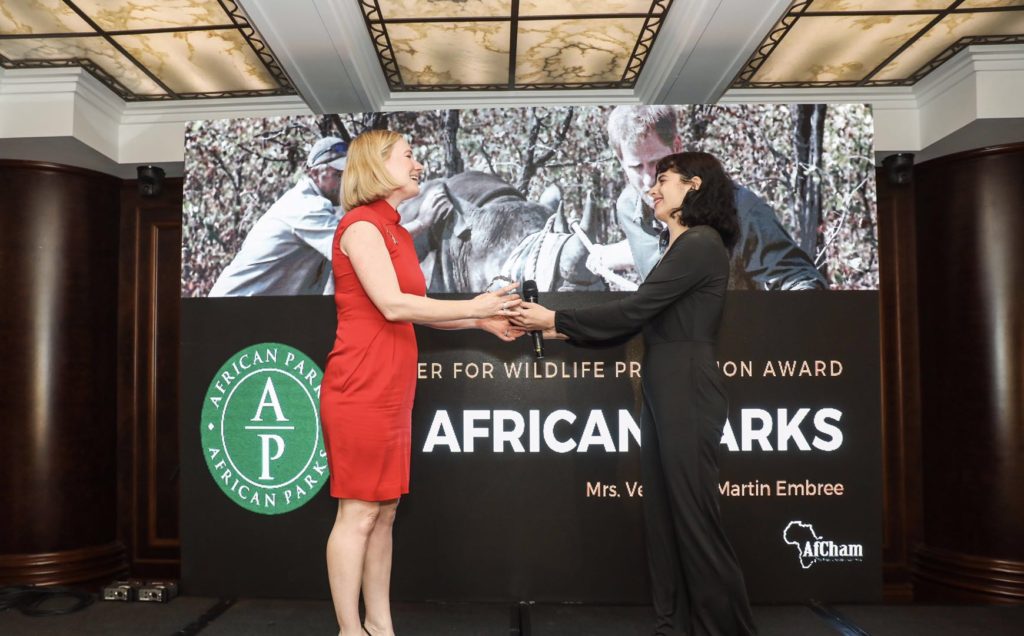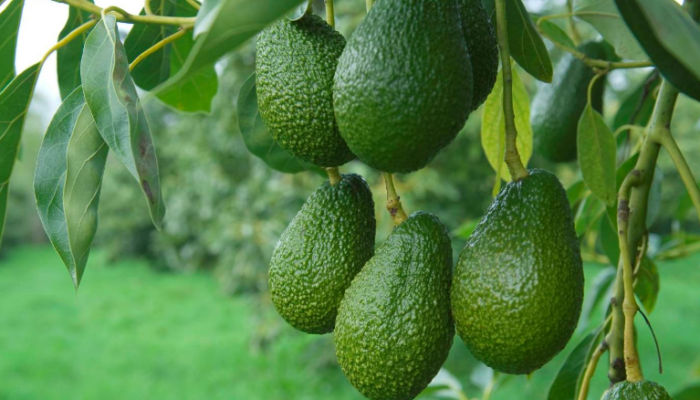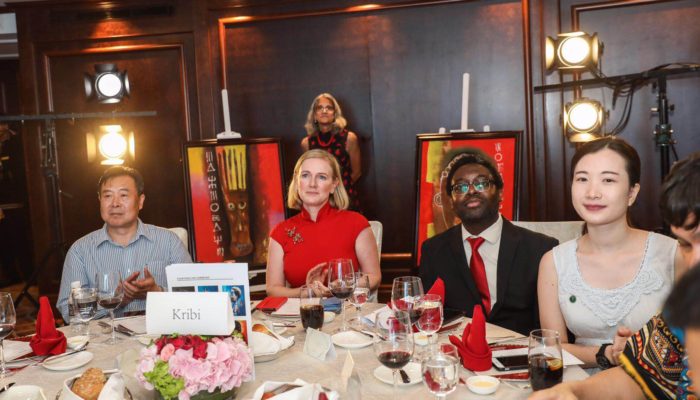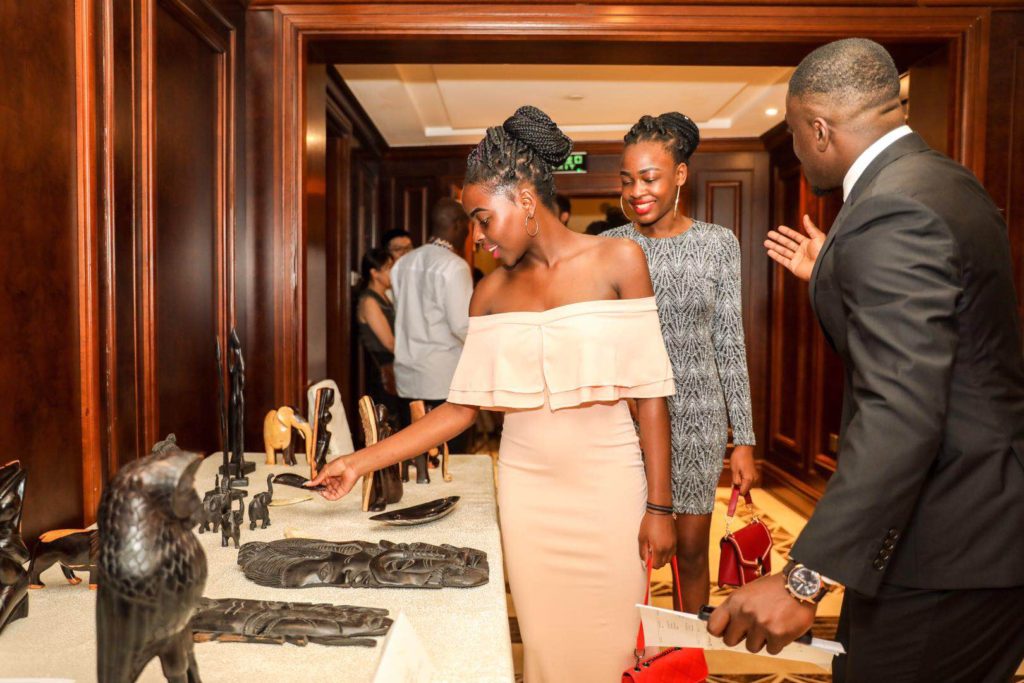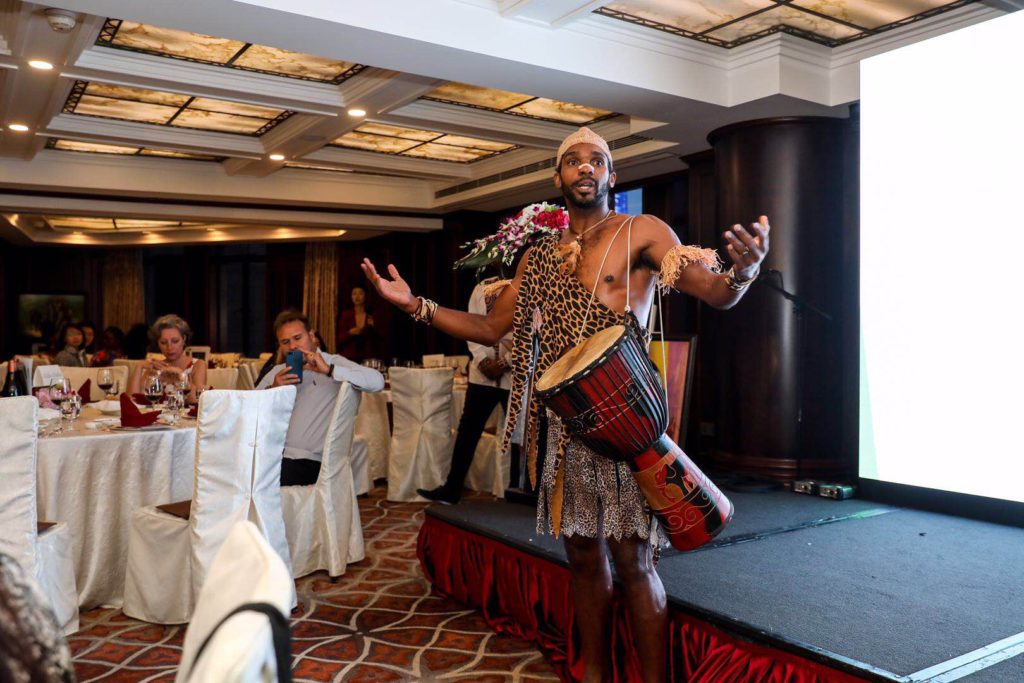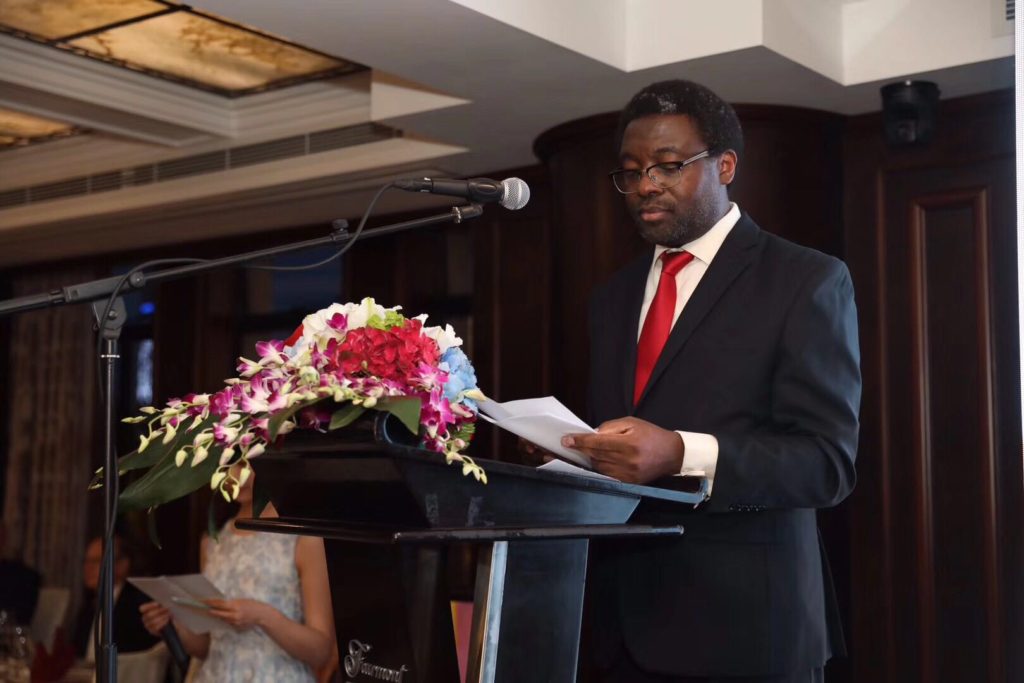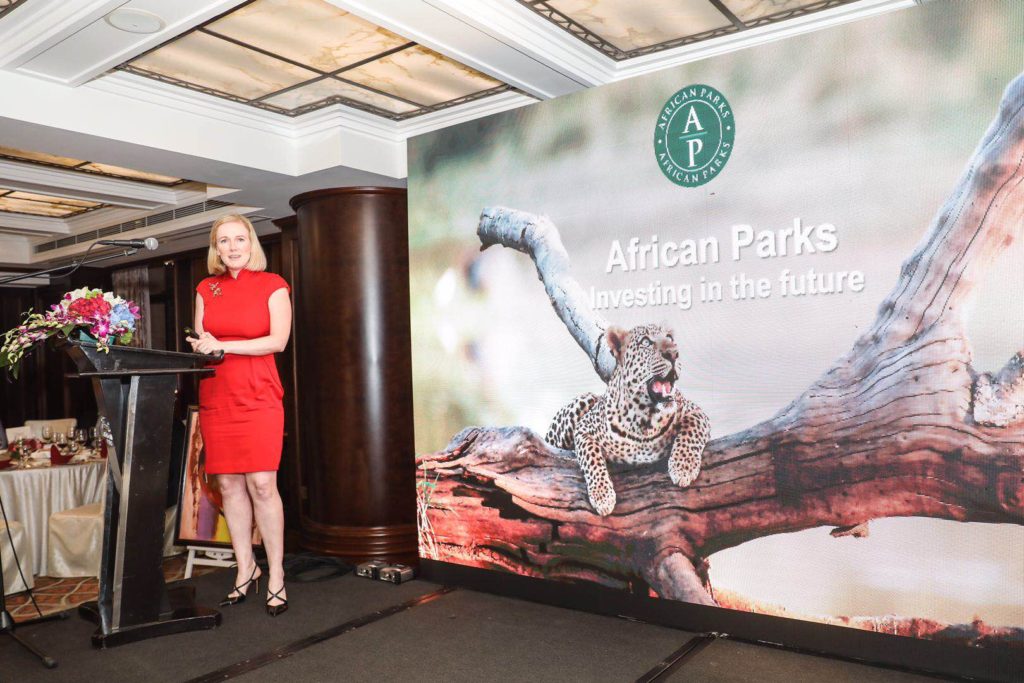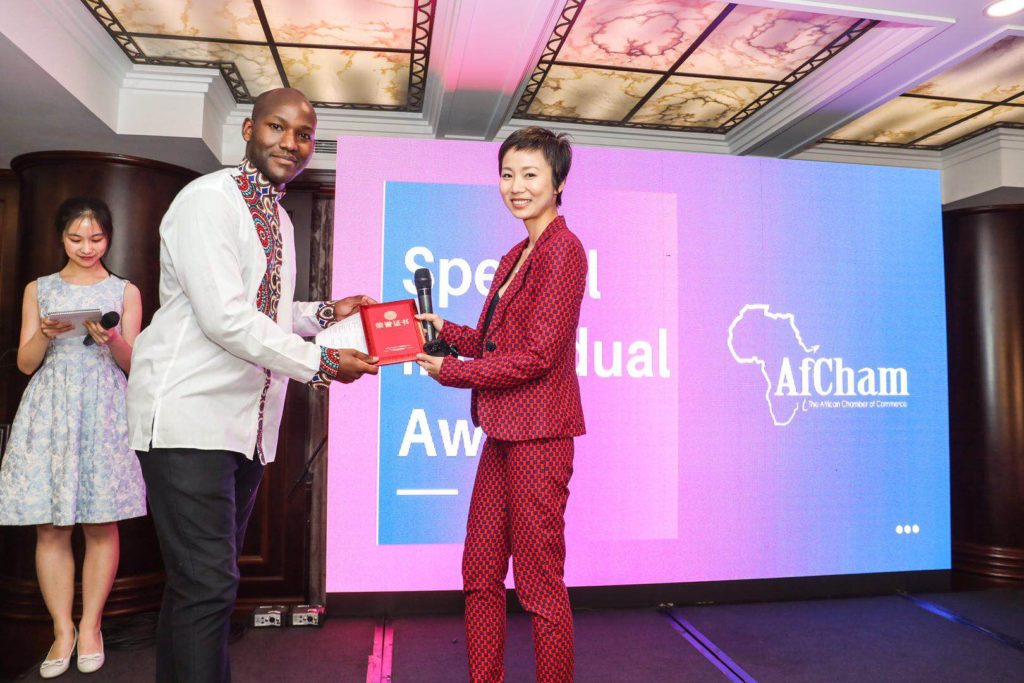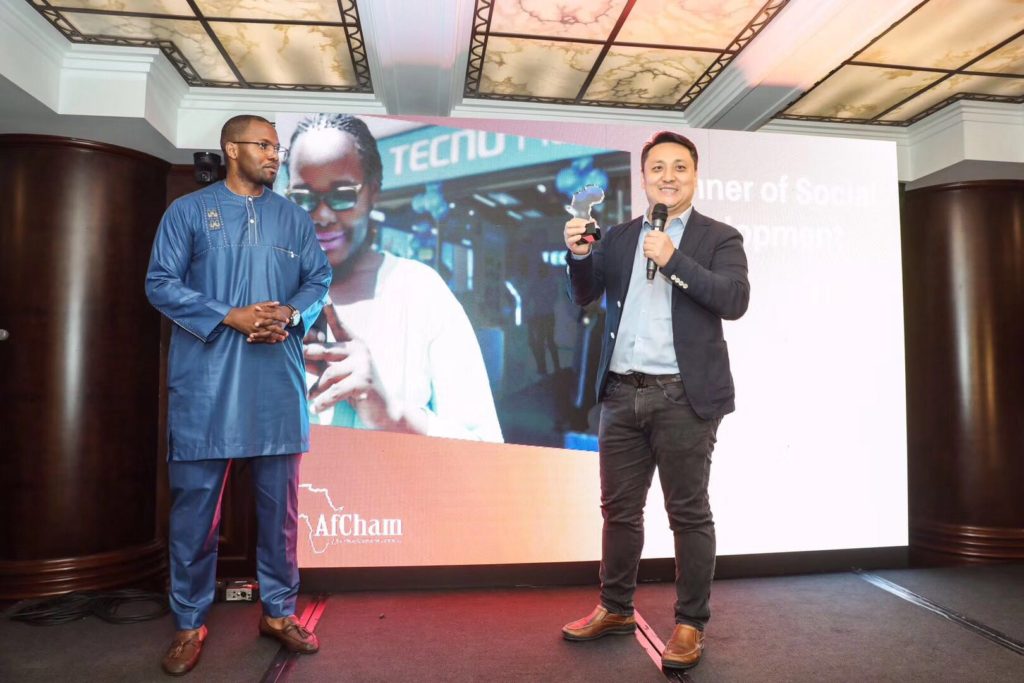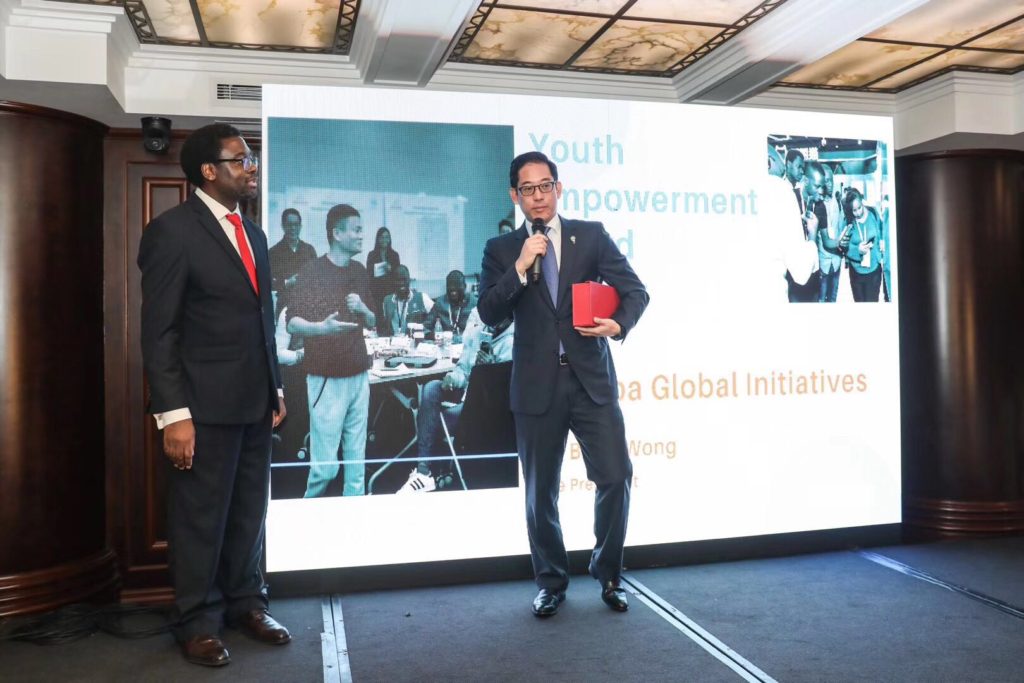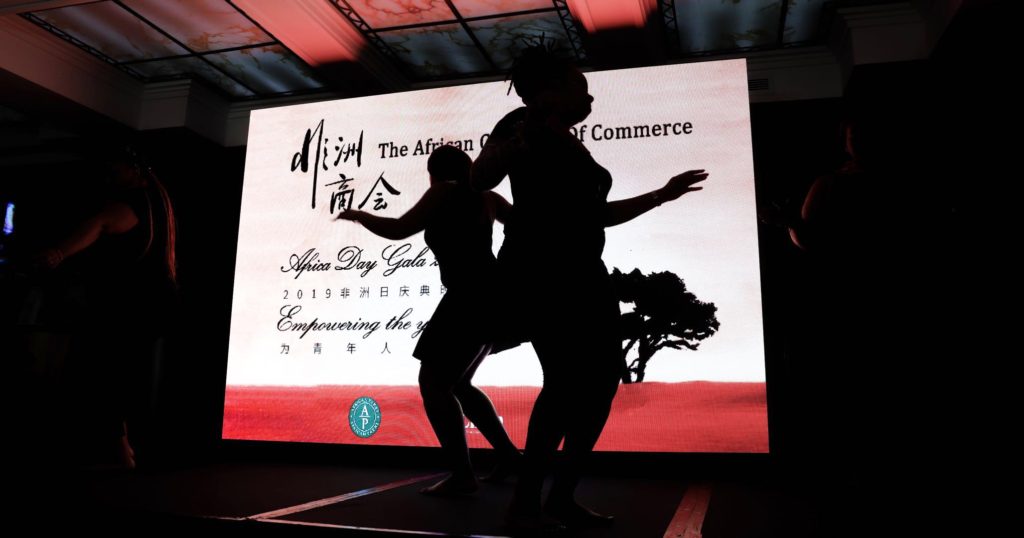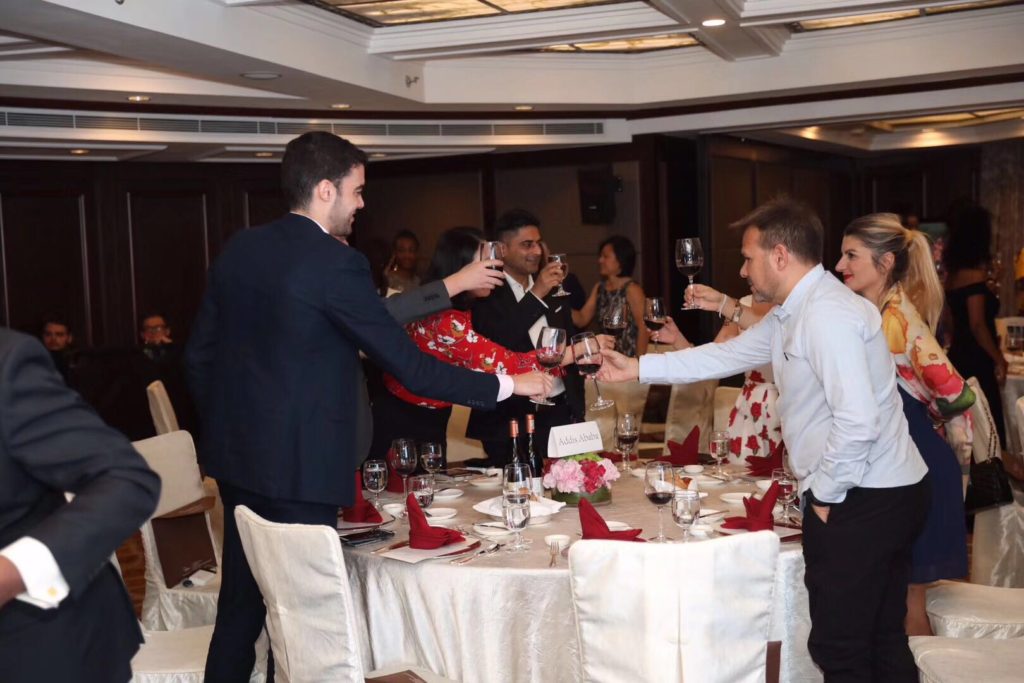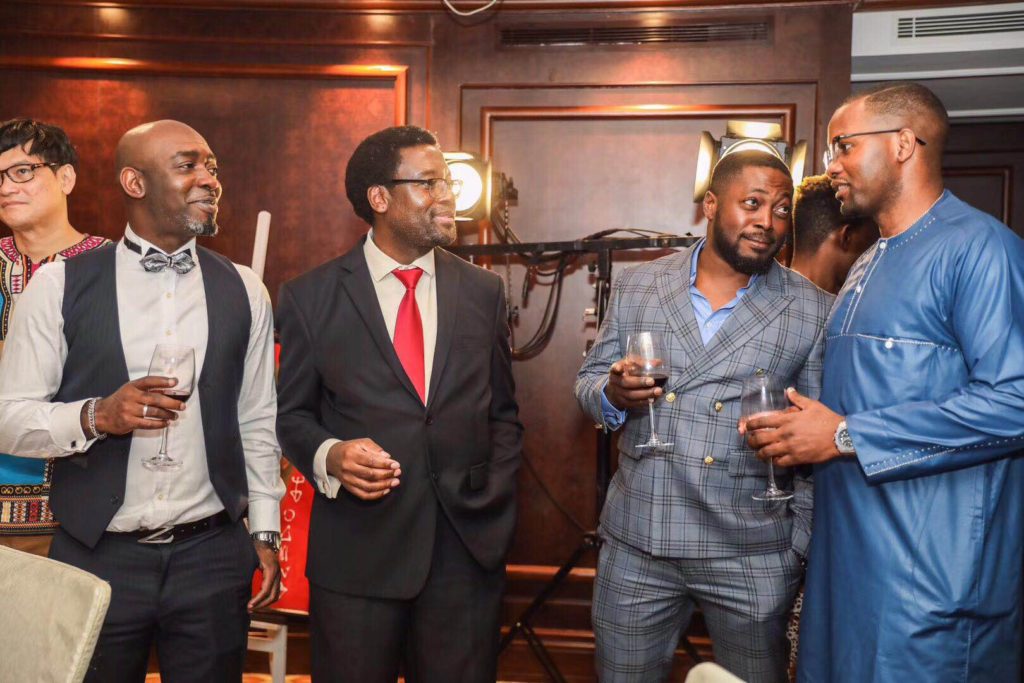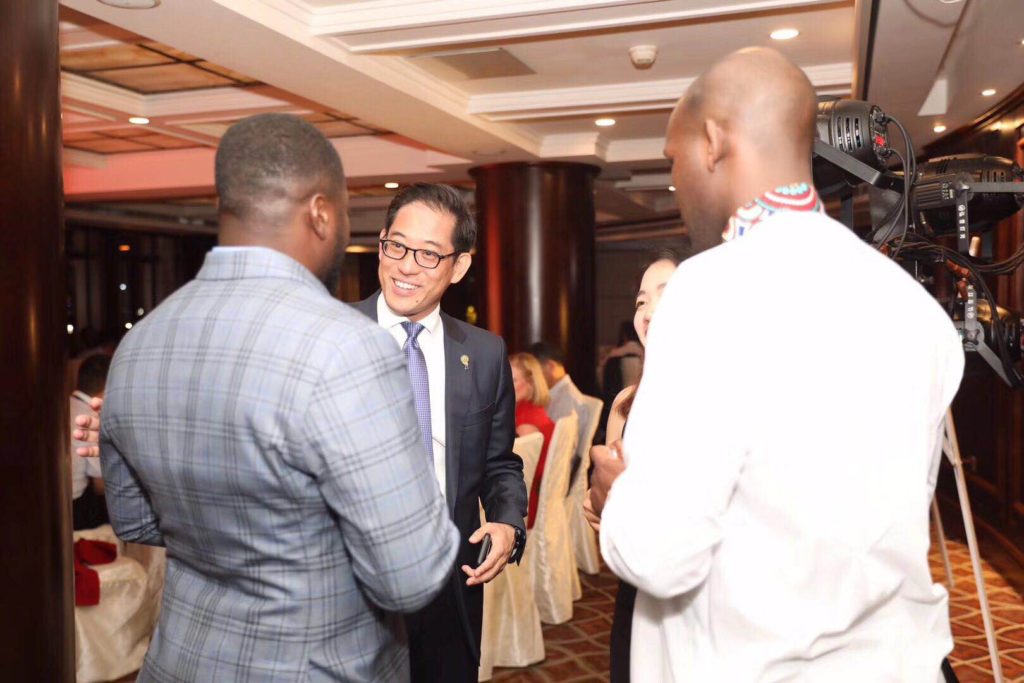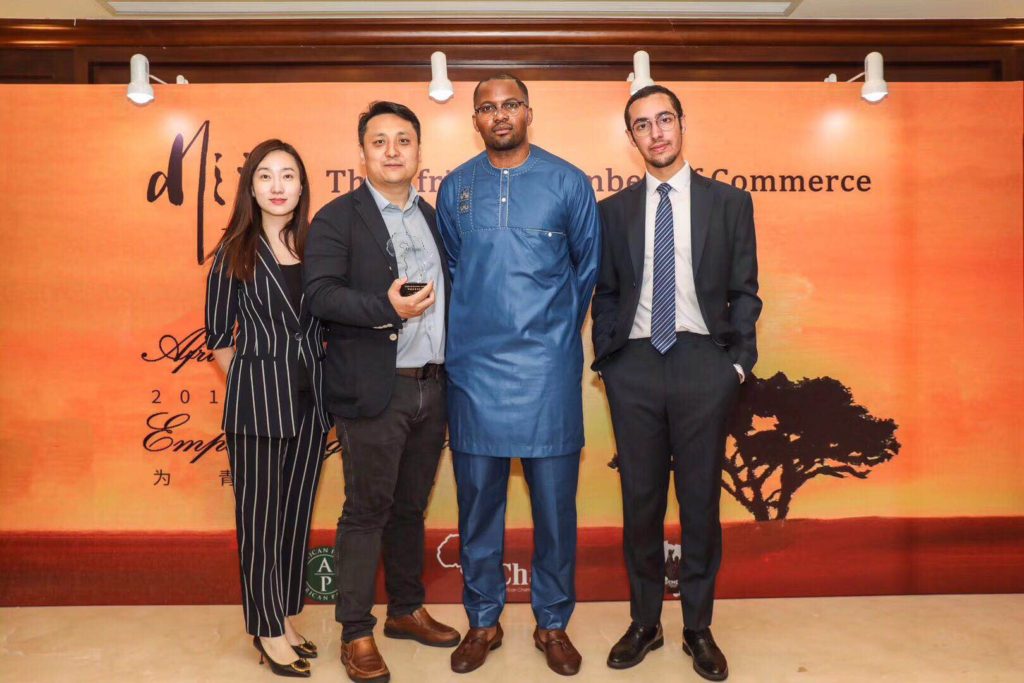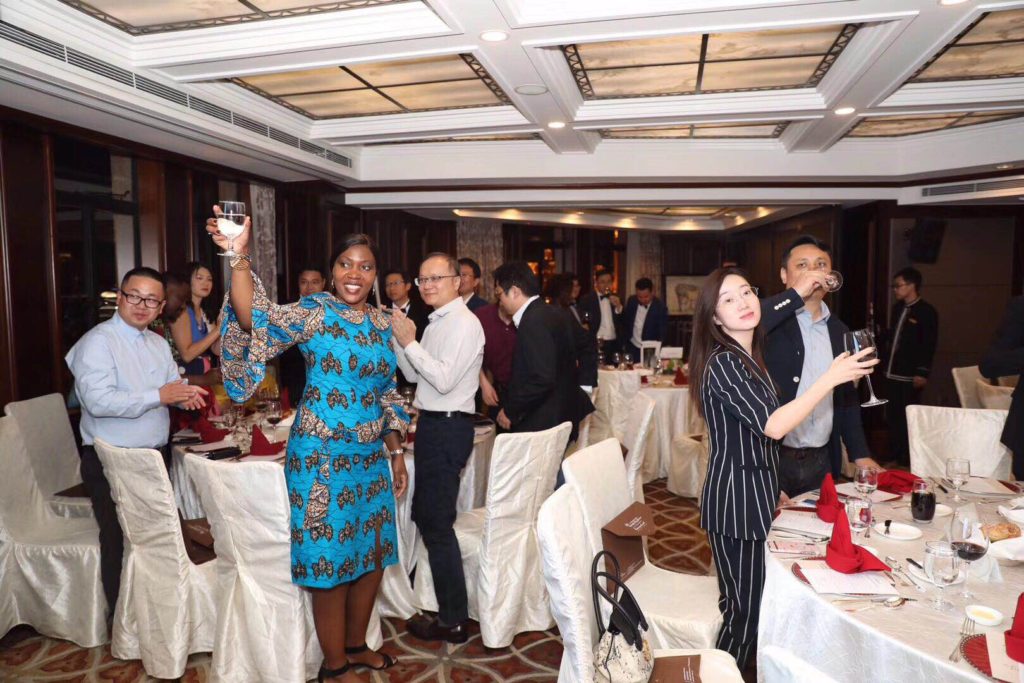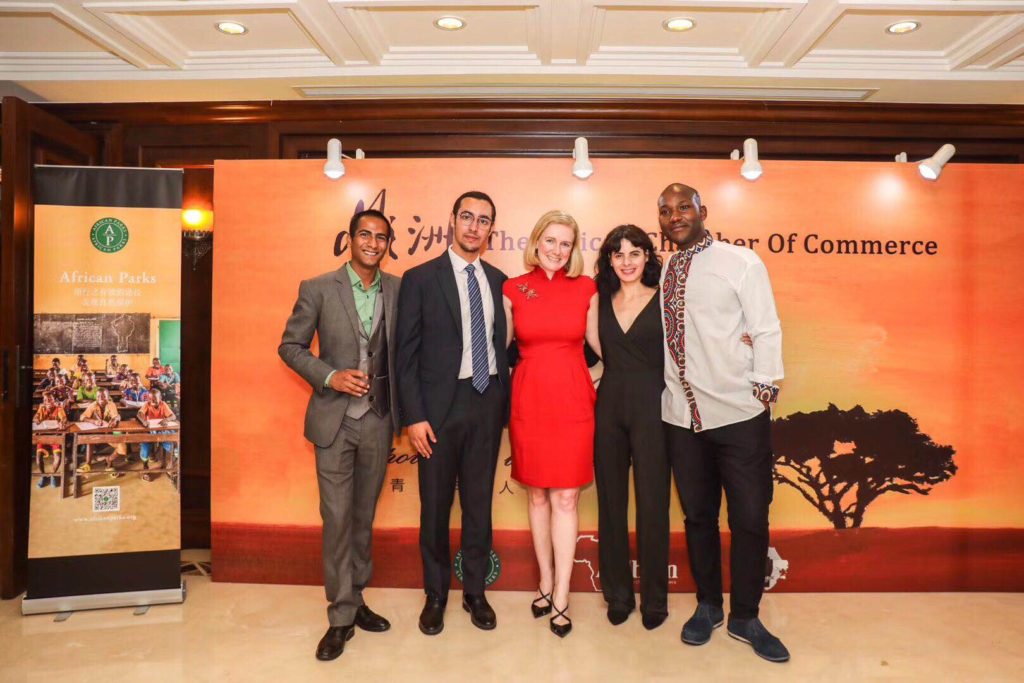By Valerie Volcovici, Gloria Dickie and William James
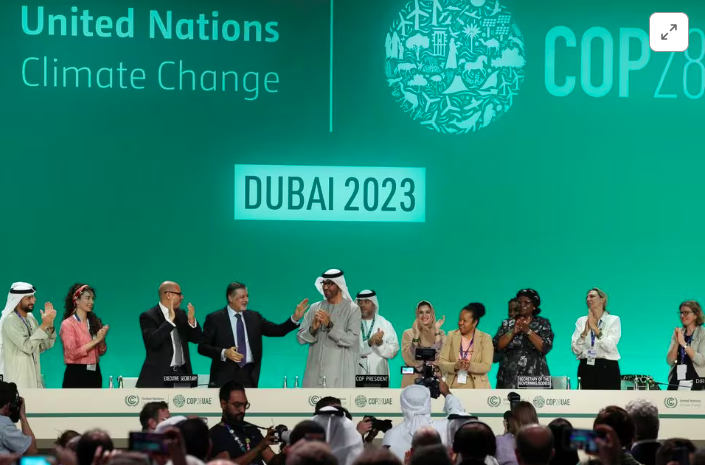
DUBAI, Dec 13 (Reuters) – Representatives from nearly 200 countries agreed at the COP28 climate summit on Wednesday to begin reducing global consumption of fossil fuels to avert the worst of climate change, signalling the eventual end of the oil age.
The deal struck in Dubai after two weeks of hard-fought negotiations was meant to send a powerful message to investors and policy-makers that the world is united in its desire to break with fossil fuels, something scientists say is the last best hope to stave off climate catastrophe.
COP28 President Sultan al-Jaber called the deal “historic” but added that its true success would be in its implementation.
“We are what we do, not what we say,” he told the crowded plenary at the summit. “We must take the steps necessary to turn this agreement into tangible actions.”
Several countries cheered the deal for accomplishing something that until now eluded decades of climate talks.
“It is the first time that the world unites around such a clear text on the need to transition away from fossil fuels,” Norway’s Minister of Foreign Affairs Espen Barth Eide said.
More than 100 countries had lobbied hard for strong language in the COP28 agreement to “phase out” oil, gas and coal use, but came up against powerful opposition from the Saudi Arabia-led oil producer group OPEC, which said the world can cut emissions without shunning specific fuels.
That battle pushed the summit a full day into overtime on Wednesday, and had some observers worried the negotiations would end at an impasse.
Members of the Organization of the Petroleum Exporting Countries control nearly 80% of the world’s proven oil reserves along with about a third of global oil output, and their governments rely heavily on those revenues.
Small climate-vulnerable island states, meanwhile, were among the most vocal supporters of language to phase out fossil fuels and had the backing of major oil and gas producers such as the United States, Canada and Norway, as well as the European Union and scores of other governments.
“This is a moment where multilateralism has actually come together and people have taken individual interests and attempted to define the common good,” U.S. climate envoy John Kerry said after the deal was adopted.
The lead negotiator for the Alliance of Small Island States, Anne Rasmussen, criticised the deal as unambitious.
“We have made an incremental advancement over business as usual, when what we really need is an exponential step change in our actions,” she said.
But she did not formally object to the pact, and her speech drew a standing ovation that lasted nearly two minutes.
Danish Minister for Climate and Energy Dan Jorgensen marvelled at the circumstances of the deal: “We’re standing here in an oil country, surrounded by oil countries, and we made the decision saying let’s move away from oil and gas.”
EMISSIONS REDUCTION
The deal calls for “transitioning away from fossil fuels in energy systems, in a just, orderly and equitable manner … so as to achieve net zero by 2050 in keeping with the science.”
To some extent, that language describes what has already begun to happen, with some governments enacting policies in recent years to transition to a greener economy.
Europe and the U.S. have retired fleets of coal-fired power plants; global installation of renewable power capacity is at record levels and many countries have policies to encourage sales of electric vehicles.
The deal calls on governments to accelerate that – specifically by tripling of renewable energy capacity globally by 2030, speeding up efforts to reduce coal use, and accelerating technologies such as carbon capture and storage that can clean up hard-to-decarbonise industries.
A source familiar with Saudi Arabia’s position described the deal as “a menu where every country can follow its own pathway,” saying it “shows the various tracks that will allow us to maintain the objective of 1.5 (degrees Celsius) in accordance with the characteristics of every nation and in the context of sustainable development.”
Several other oil producer countries, including the summit host UAE, had advocated for a role for carbon capture in the pact. Critics say the technology remains expensive and unproven at scale, and say it can be used to justify continued drilling.
Former U.S. Vice President Al Gore also welcomed the deal, but said: “The influence of petrostates is still evident in the half measures and loopholes included in the final agreement.”
Now that the deal is struck, countries are responsible for delivering through national policies and investments.
China, the world’s biggest carbon polluter today, suggested that industrialised countries should lead the way.
“Developed countries have unshirkable historical responsibilities for climate change,” the country’s vice environment minister Zhao Yingmin said after the pact was approved.
In the United States, the world’s top producer of oil and gas and the biggest historical emitter of greenhouse gases, climate-conscious administrations have struggled to pass laws aligned with their climate vows through a divided Congress.
U.S. President Joe Biden scored a major victory last year with passage of the Inflation Reduction Act, which contained hundreds of billions of dollars in clean energy subsidies.
Mounting public support for renewables and electric vehicles from Brussels to Beijing in recent years, along with improving technology, sliding costs, and rising private investment have also driven rapid growth in their deployments.
Even so, oil, gas, and coal account for about 80% of the world’s energy, and projections vary widely about when global demand will finally hit its peak.
Rachel Cleetus, policy director at the Union of Concerned Scientists, praised the climate deal, but said it does not commit rich countries to offer more financing to help developing countries pay for the transition away from fossil fuels.
“The finance and equity provisions… are seriously insufficient and must be improved in the time ahead in order to ensure low- and middle-income countries can transition to clean energy and close the energy poverty gap,” she said.
For daily comprehensive coverage on COP28 in your inbox, sign up for the Reuters Sustainable Switch newsletter here
Reporting by Valerie Volcovici, Gloria Dickie, William James, Sarah McFarlane, Kate Abnett, Jake Spring, Elizabeth Piper, David Stanway and Simon Jessop; Editing by Richard Valdmanis, Katy Daigle, Gerry Doyle, Sharon Singleton and Barbara Lewis

